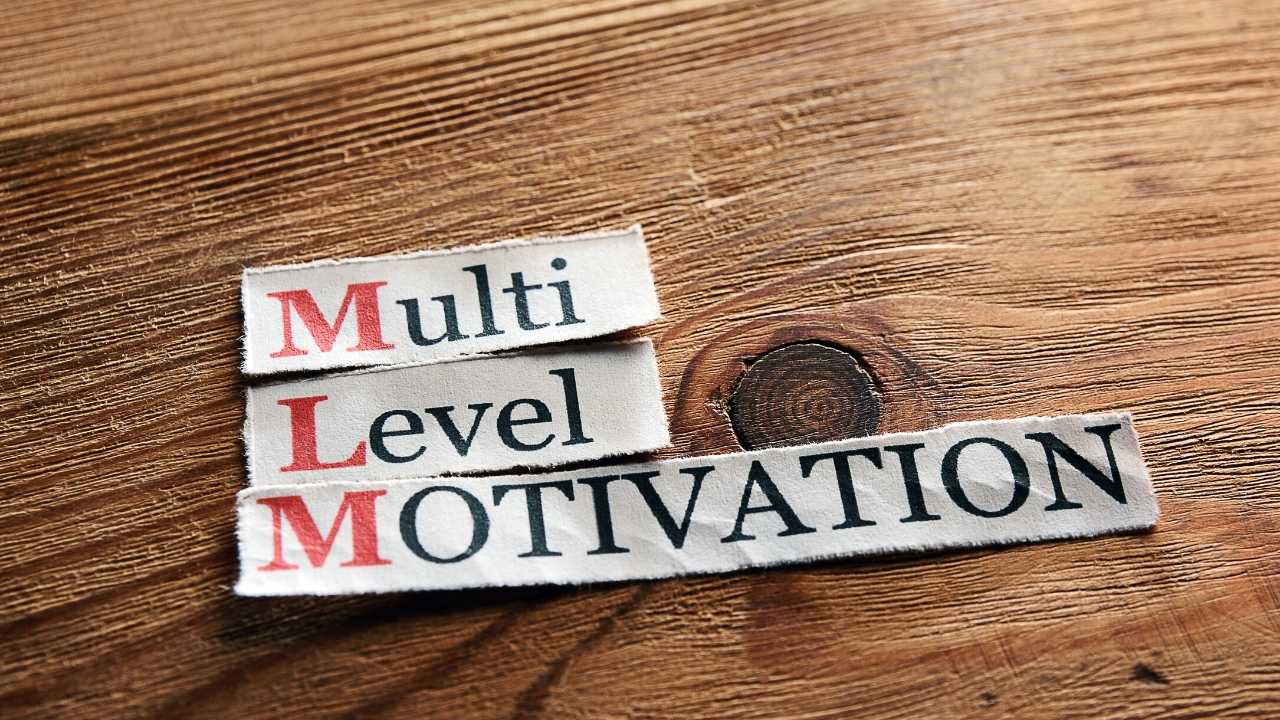Do you enjoy exercising? Do you have a physical activity that you just love and can’t wait to do? Or, do you wish you wanted to exercise – after all it will help you lose weight – but you can’t seem to get yourself to do it? Or, perhaps you yo-yo exercise – you exercise for a while and then, suddenly, you can’t bring yourself to go to the gym or jump on your bike again?
Many people have heard of compulsive (or addictive) exercising. This is a term used to describe someone who exercises too much and/or too often. For many who use compulsive exercise, it is a way to cope with feeling too full or as a way to control weight gain or to compensate for other areas where they feel out of control?
On the other end of the continuum is exercise resistance. Francie White, a dietician working with eating disorders in the Santa Barbara California area, coined the term Exercise Resistance. Although it is not widely recognized as a type of eating disorder or body image issue, I believe it is an important element to be explored.
Most of the women who have a resistance to exercise also tend to be emotional eaters, have a history of dieting and/or challenges with body image. In these individuals motivational strategies to encourage exercising fail and the thought of exercising is met with feelings of anger, anxiety and, well, resistance.
What are the risk factors?
- A history with three or more diets. Individuals may actually be consciously or unconsciously responding to society’s emphasis on the ideal body as thin… as if to say, “I will not look the way you want me to look!”
- Parents who forced or overemphasized exercising as a way to encourage their child to lose weight. Physical activity stops being play and becomes work and something to dread.
- A history of sexual abuse for women or early onset puberty/development of large breasts. The sexual abuse could have occurred at any age or in any form and may even have occurred shortly after weight loss. In these cases, the individual may be attempting to prevent sexual attention or intimacy as a larger body size rarely receives unwanted sexual attention.
Do you think you resist exercise? If so, here are some questions to ask yourself:
- When did being physically active change from being about play to being about “exercise”?
- When did exercise become something you “should” do rather than simply a desire to move your body in a physical way?
- Has physical activity ever been something you did to control your weight? If so, how did that change your view or feelings about exercise?
- How did your feelings about exercise change after puberty?
- Does being physically active relate to your feelings of sexuality? If so, how?
If you resist exercising, you may want to explore the underlying reasons for this. The above questions will help you do this. If you need support, talk to a therapist or other professional about it.
In addition, you may need to choose not to exercise for a while. The part of you that resists exercising has a voice too. Acknowledge it, explore the reasons, and give into it. In a way, you are telling that part of you, “I understand why you are here and that you have learned to dread exercising.” When you really give this part what it wants, it will eventually get tired of not moving, and will want an activity to engage in. After all, we have a natural, internal drive to move our bodies.
When you are ready to choose an exercise, pick something you really enjoy. For example, I don’t like going to a gym. With all the advertisements about, I feel distracted and sometimes bad about myself. I enjoy running but my ankle can’t take it and it really isn’t something I look forward to doing. I finally found yoga. I love yoga and look forward to it. I love belly dancing too and have taken classes in the past. Both forms of activity feel great and I love to experience what my body can do.
What do you love to do? What is fun and playful, something you look forward to doing? This doesn’t mean it is always easy to go off into happy exercise land. A mild resistance once in a while is okay and normal. However, you want to find a physical activity that you enjoy, that you do because it is fun and rewarding… not because it will help you lose weight. It is then that you may actually want to exercise and enjoy its benefits: stress reduction, increased energy, feeling your body move, and enjoying your body’s strength and flexibility.
Let exercise be your adult form of play. Whenever you next exercise, experiment with bringing play into your exercise: giggle during your play activity, bring your friends in to play with you, act like a child would if they were doing your activity, be creative, playful.
If you find that you continue to resist exercise, you may want to seek the help of a professional. Remember, it may be more than just finding a coach to help motivate you. You may need to further explore your feelings about exercise and your body.

